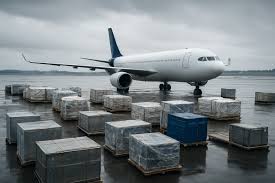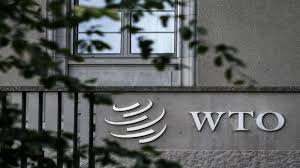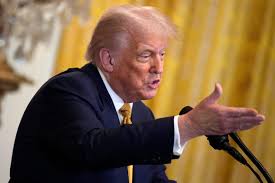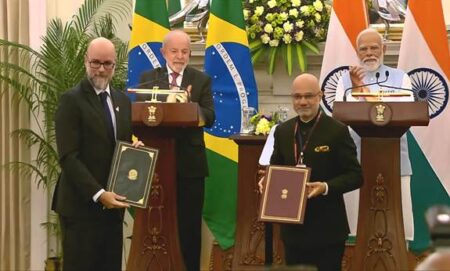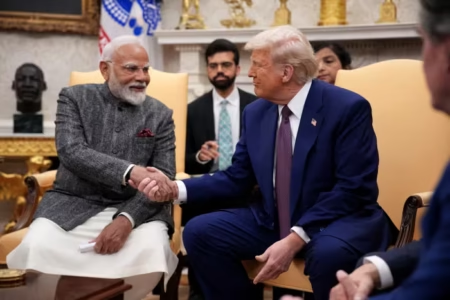Fresh US, UK, and EU sanctions on Russia ripple across oil trade, impacting India, China, and tanker markets worldwide.
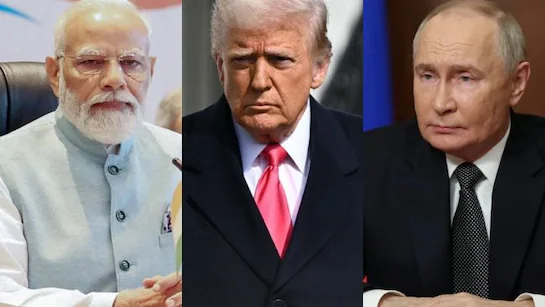
In a major escalation of trade restrictions, the United States, the United Kingdom, and the European Union have imposed three new rounds of sanctions targeting Russia’s energy sector, with sweeping implications for the global tanker market and oil trade routes.
Announced last week, the sanctions focus on Russia’s oil giants Rosneft and Lukoil, alongside over 100 tankers of varying sizes, traders, rogue maritime flags, and even a Russian shipbuilder. The coordinated move marks one of the toughest waves of restrictions yet, as Western powers tighten the screws on Moscow’s energy exports.
The ripple effects are already being felt across global oil markets. India and China, Russia’s two largest crude buyers, have both been caught in the crossfire. Chinese company Yulong Petrochemical, owned by the Nanshan Group, and several other Shandong-based enterprises have also been sanctioned. Reports from London shipbroker Gibson indicate that China’s state-owned oil majors may temporarily suspend purchases of Russian oil, while India could sharply reduce imports, redirecting sourcing toward the Middle East and Atlantic regions.
As markets reacted, oil prices surged through the week. West Texas Intermediate (WTI) rose over 8%, climbing from $57.02 on Monday to $61.79 by Thursday, before settling slightly lower at $61.50. Brent crude similarly ended the week up by more than 7%. Analysts suggested Friday’s minor dip reflected investor doubts over the Trump administration’s long-term commitment to the sanctions.
For tanker owners, the fallout could bring both challenges and opportunities. While VLCC and larger vessel operators may benefit from longer-haul routes as India diversifies imports, Aframax and Suezmax owners trading Russian oil are likely to face disruptions or may revert to conventional markets.
Industry experts caution that the sanctions’ full impact remains uncertain, but short-term volatility is inevitable. With global shipping and trade dynamics in flux, the sanctions are expected to dominate discussions when US President Donald Trump meets Chinese President Xi Jinping later this week.
US Treasury Secretary Scott Bessent commented on NBC’s Meet the Press, saying, “I believe we have the framework for the two leaders to have a very productive meeting for both sides.”
The coming weeks could prove pivotal for energy security and shipping markets, as the world’s major economies recalibrate their oil strategies in response to this unprecedented sanctions wave.
Source: Seatrade Maritime news

